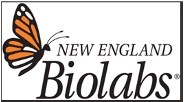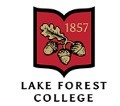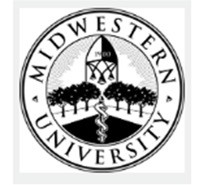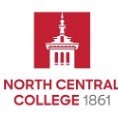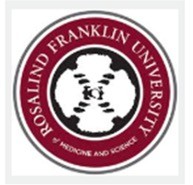Keynote Speaker
Rudolph Jaenisch, M.D.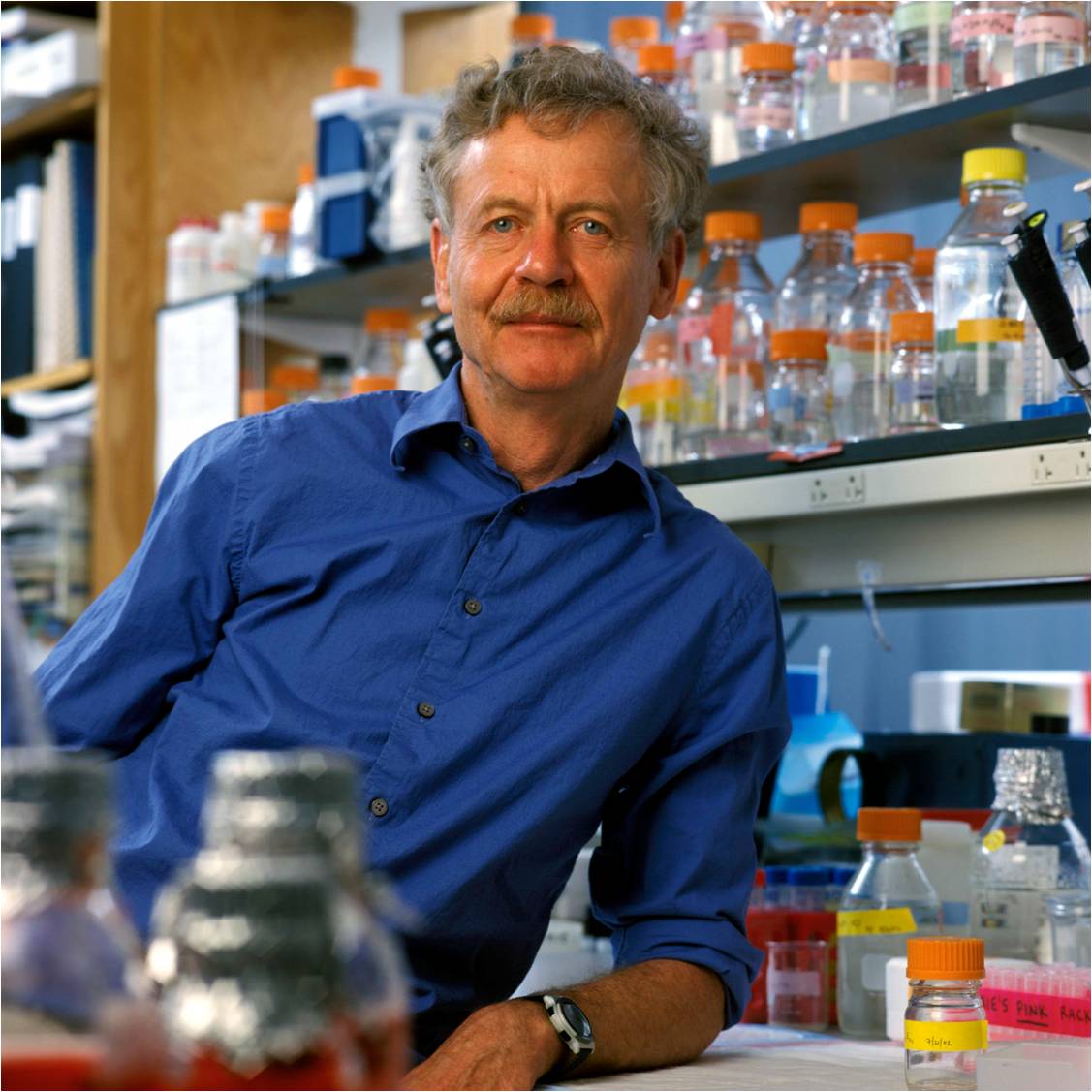
Professor of Biology
Department of Biology
Massachusetts Institute of Technology
77 Massachusetts Ave., 68-132
Cambridge, MA 02139
Website: https://biology.mit.edu/people/rudolf_jaenisch
Faculty Member
Whitehead Institute
Nine Cambridge Center, Cambridge, MA 02142
Website: http://wi.mit.edu/people/faculty/jaenisch
Phone: (617) 258-5186
Email: jaenisch@wi.mit.edu
Title of talk: "Stem Cells, Pluripotency, and Nuclear Programming"
Dr. Rudolph Jaenisch, Professor of Biology at M.I.T. and a Whitehead Founding Member, focuses on understanding epigenetic regulation of gene expression (the biological mechanisms that affect how genetic information is converted into cell structures but that don’t alter the genes in the process). Most recently, this work has led to major advances in our understanding of embryonic stem cells and “induced pluripotent stem” (IPS) cells, which appear identical to embryonic stem cells but can be created from adult cells without using an egg.
In 2007, the Jaenisch lab was one of three labs worldwide that reported successfully taking cells from mouse tails and reprogramming them into IPS cells, by over-expressing four master gene regulators. Later that year, the lab followed up by further manipulating IPS cells to treat sickle-cell anemia in mice, the first proof in principle of therapeutic use of such cells. In 2008, the lab reported that neurons derived from IPS cells successfully integrated into fetal mouse brains and reduced symptoms in a Parkinson’s disease rat model. In another experiment, researchers demonstrated that fully mature, differentiated mouse B cells can be reprogrammed to IPS cells.
Researchers are now studying ways to optimize the creation of IPS cells, including finding alternatives to the potentially cancer-causing retroviruses used to transform the adult cells into IPS cells.
In the long run, IPS cells offer major promise for use in regenerative medicine, potentially supporting the growth of healthy cells and tissues derived from a patient’s own cells. Closer in time, the cells will allow scientists to transfer complex human diseases into Petri dishes for study, taking a first step toward analyzing the conditions and developing a therapies.
In addition to its stem cell work, Jaenisch’s lab is investigating epigenetic mechanisms for certain types of cancer and for brain development, studying how conditions such as Rett Syndrome occur.
Jaenisch received his doctorate in medicine from the University of Munich in 1967. Before coming to Whitehead, he was head of the Department of Tumor Virology at the Heinrich Pette Institute at the University of Hamburg. He has coauthored more than 375 research papers and has received numerous prizes and recognitions, including an appointment to the National Academy of Sciences in 2003.
CLICK HERE for Dr. Rudolph Jaenisch's CV.








